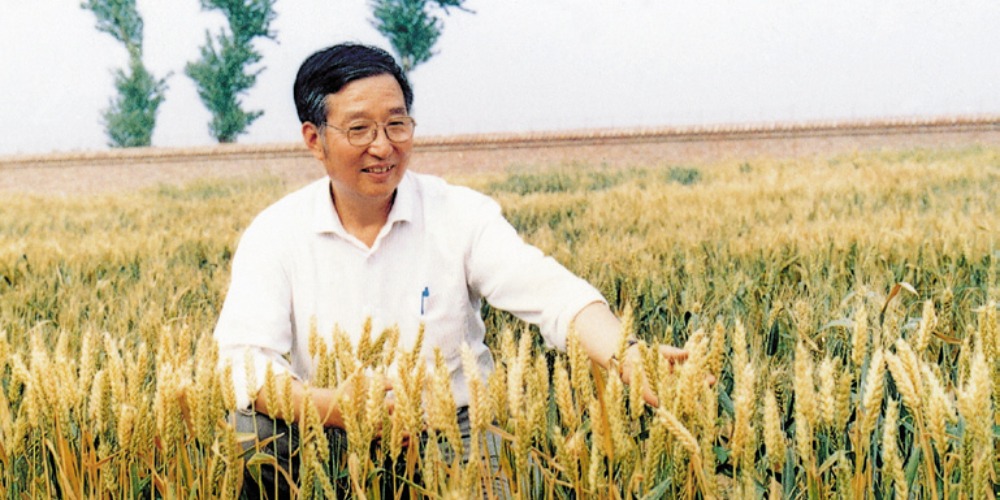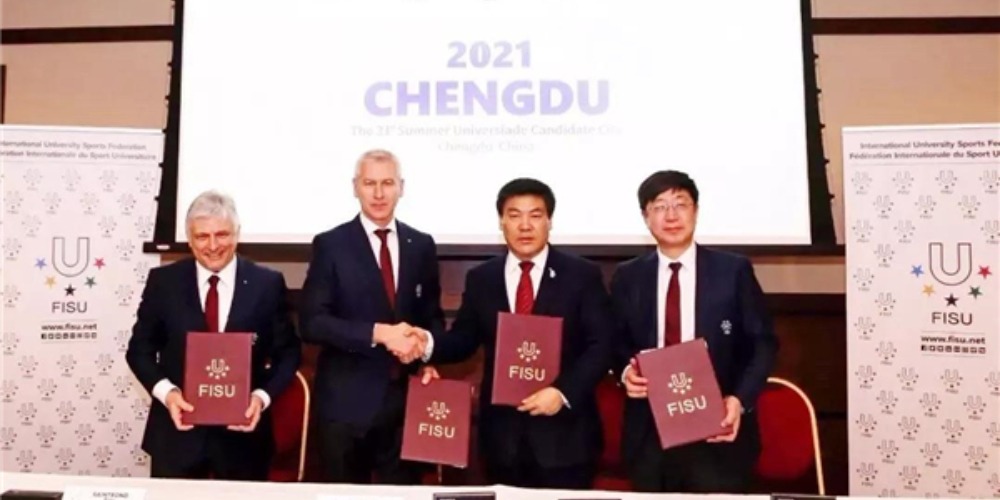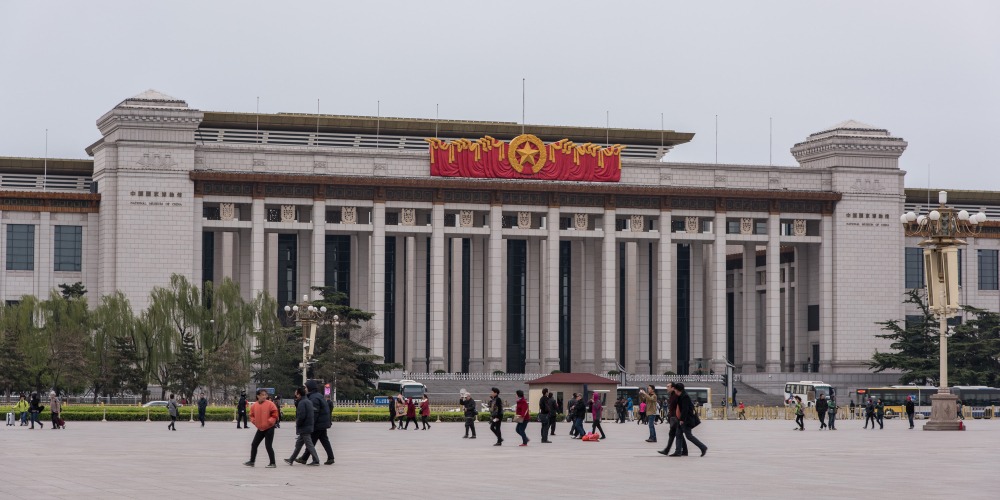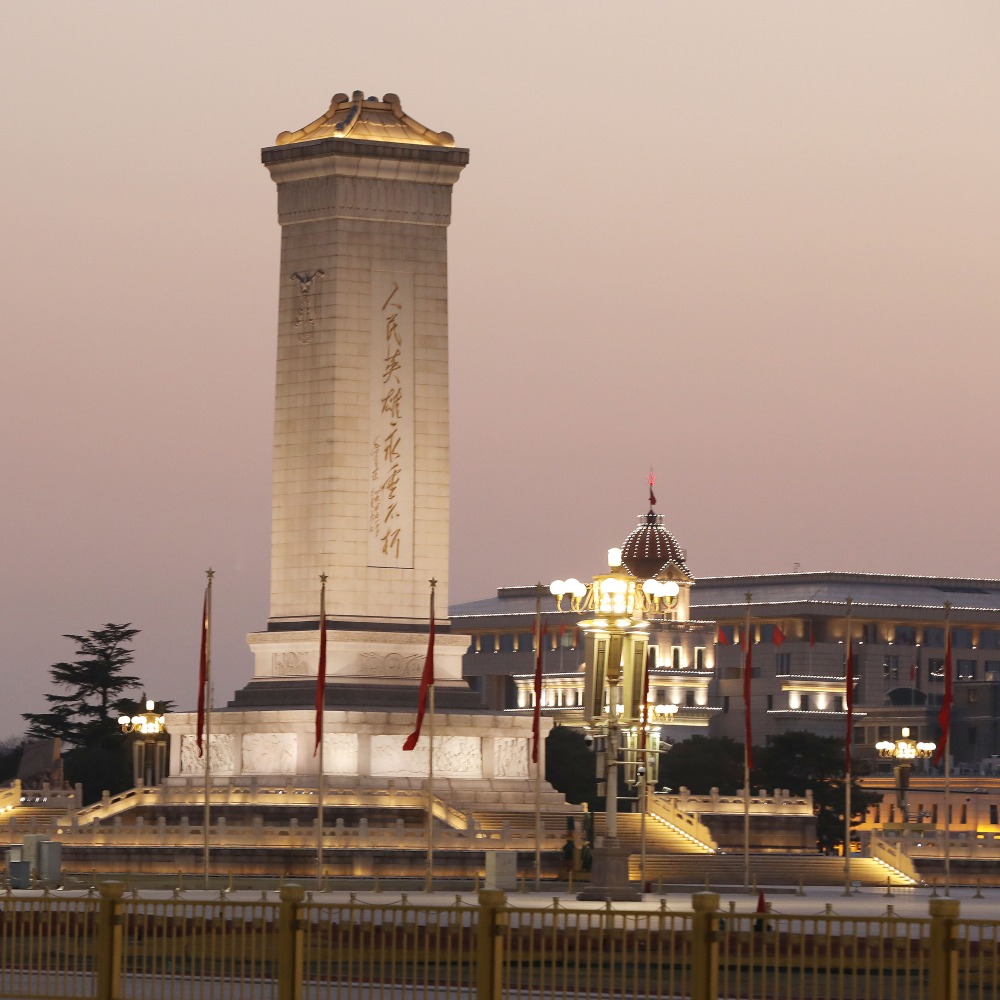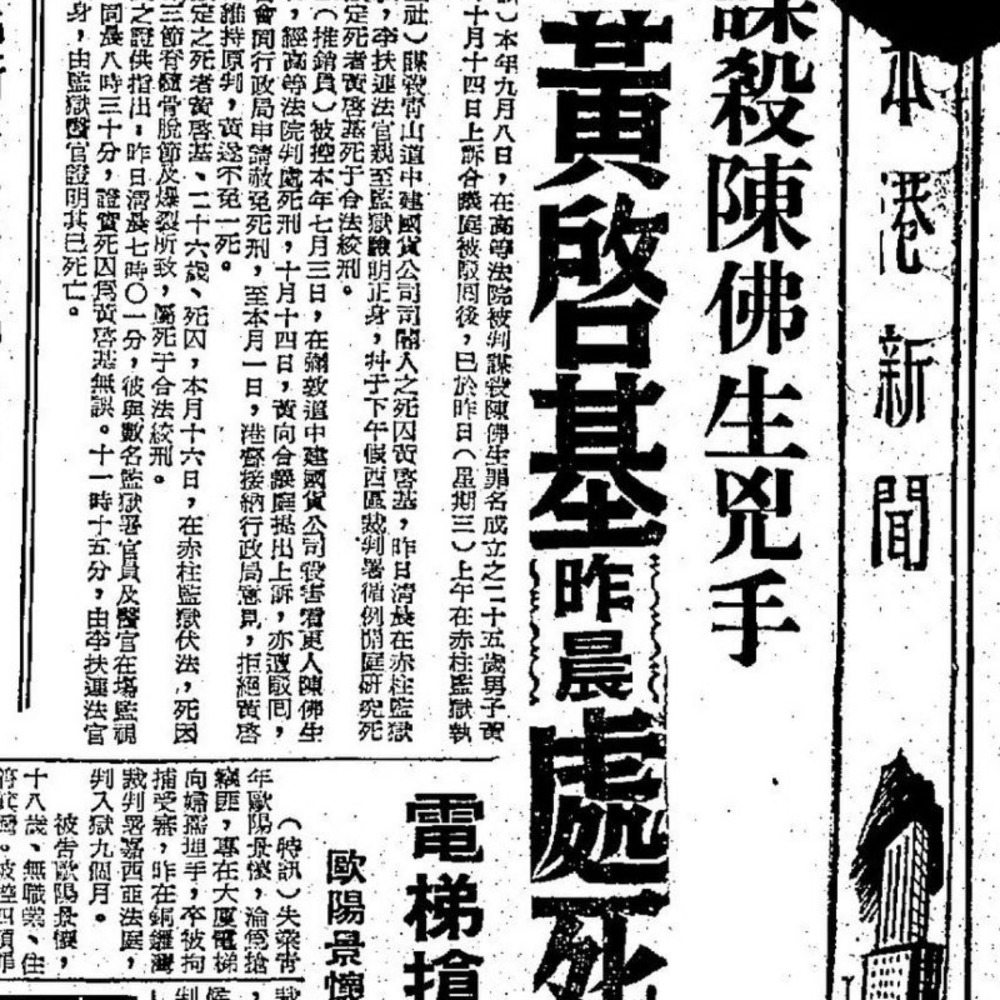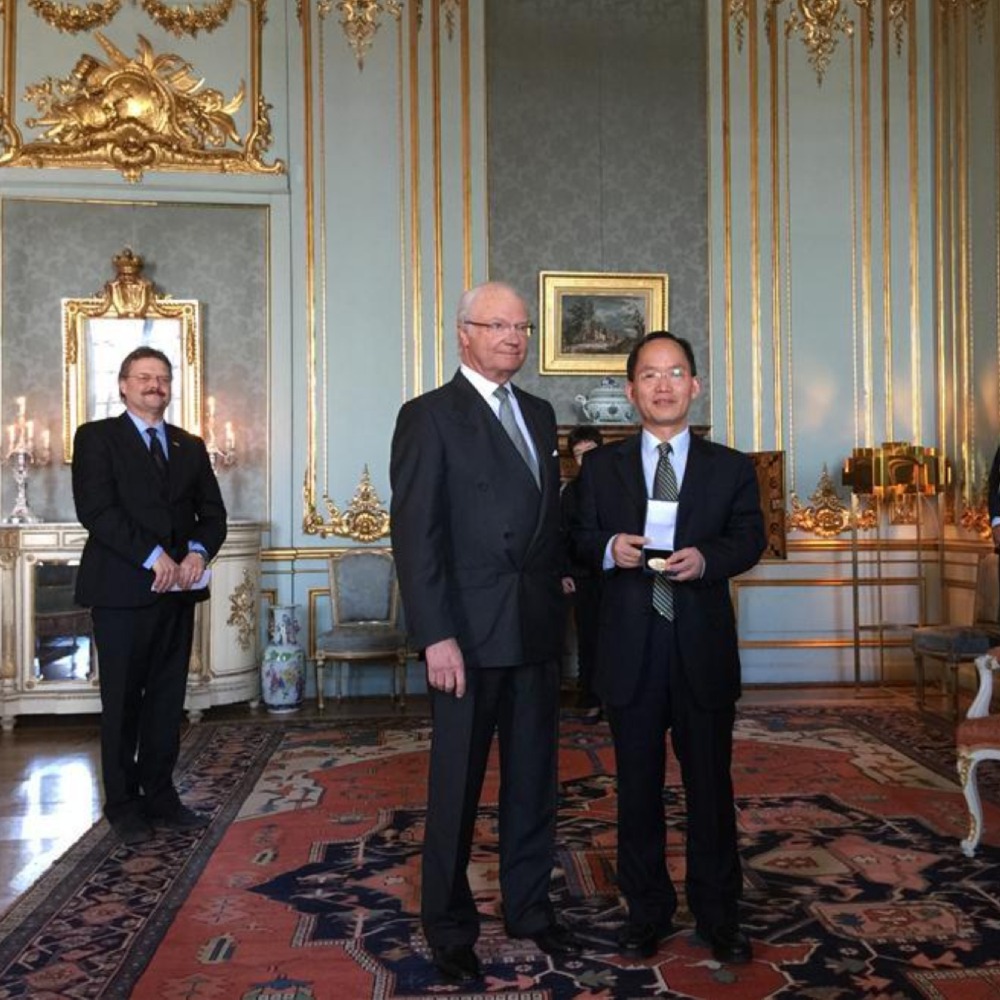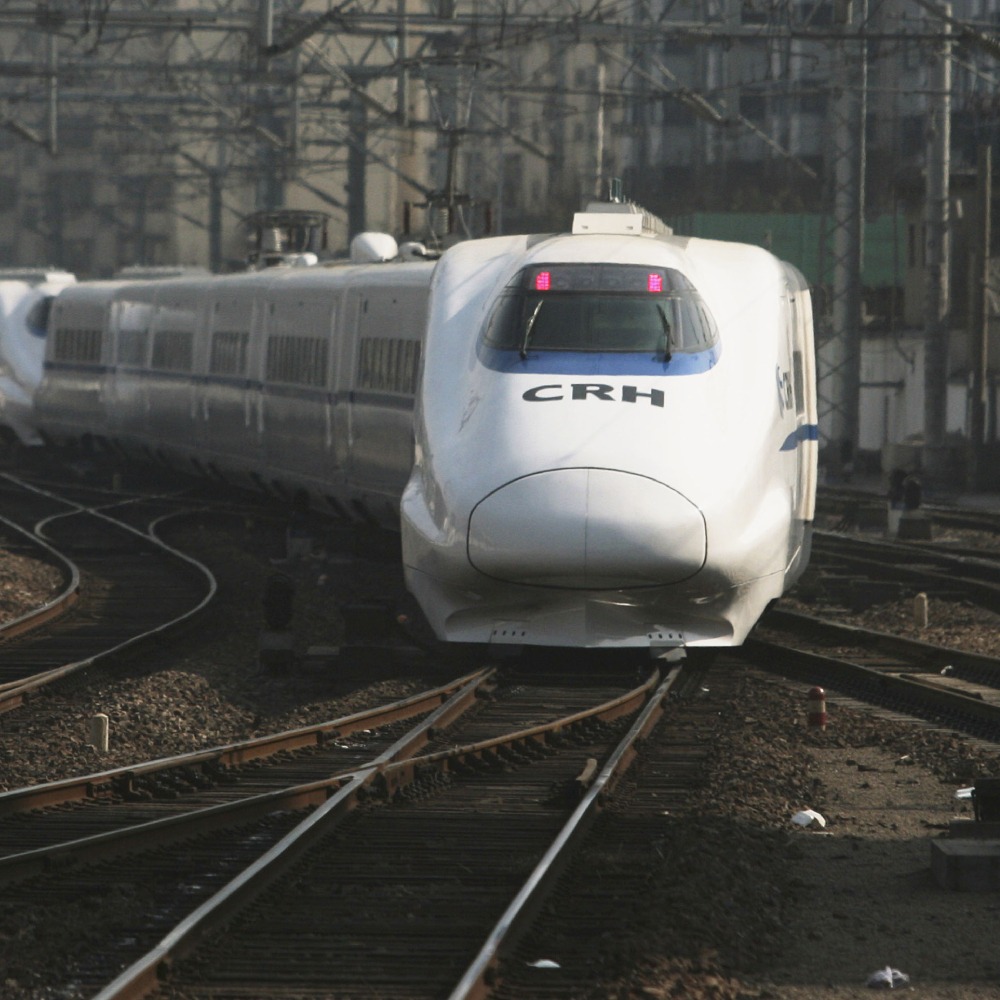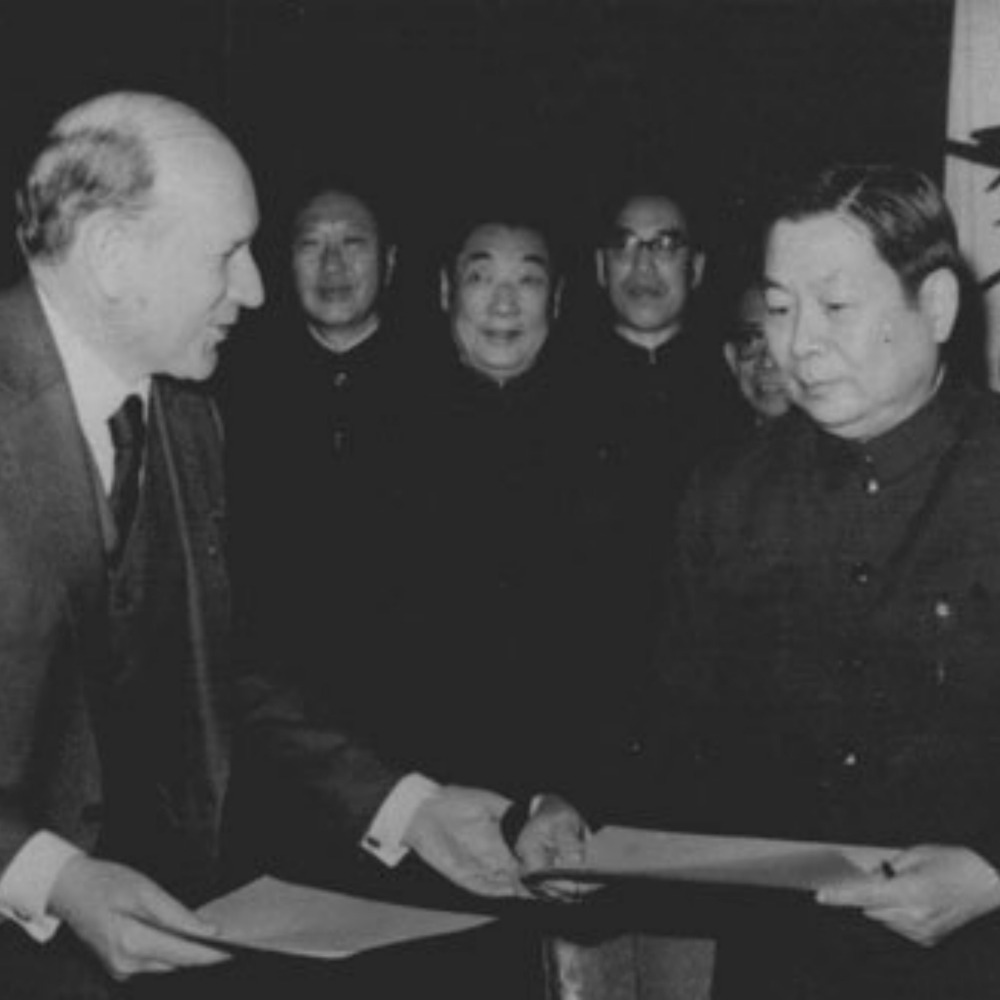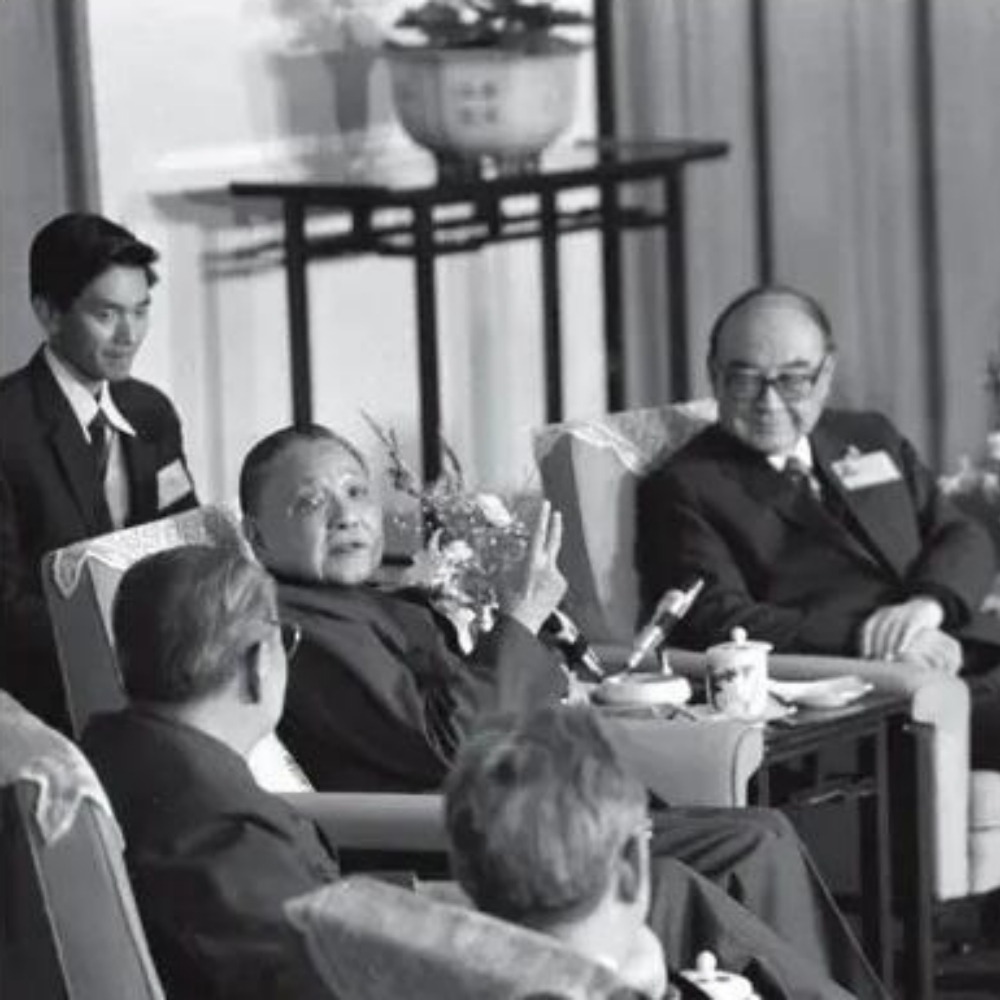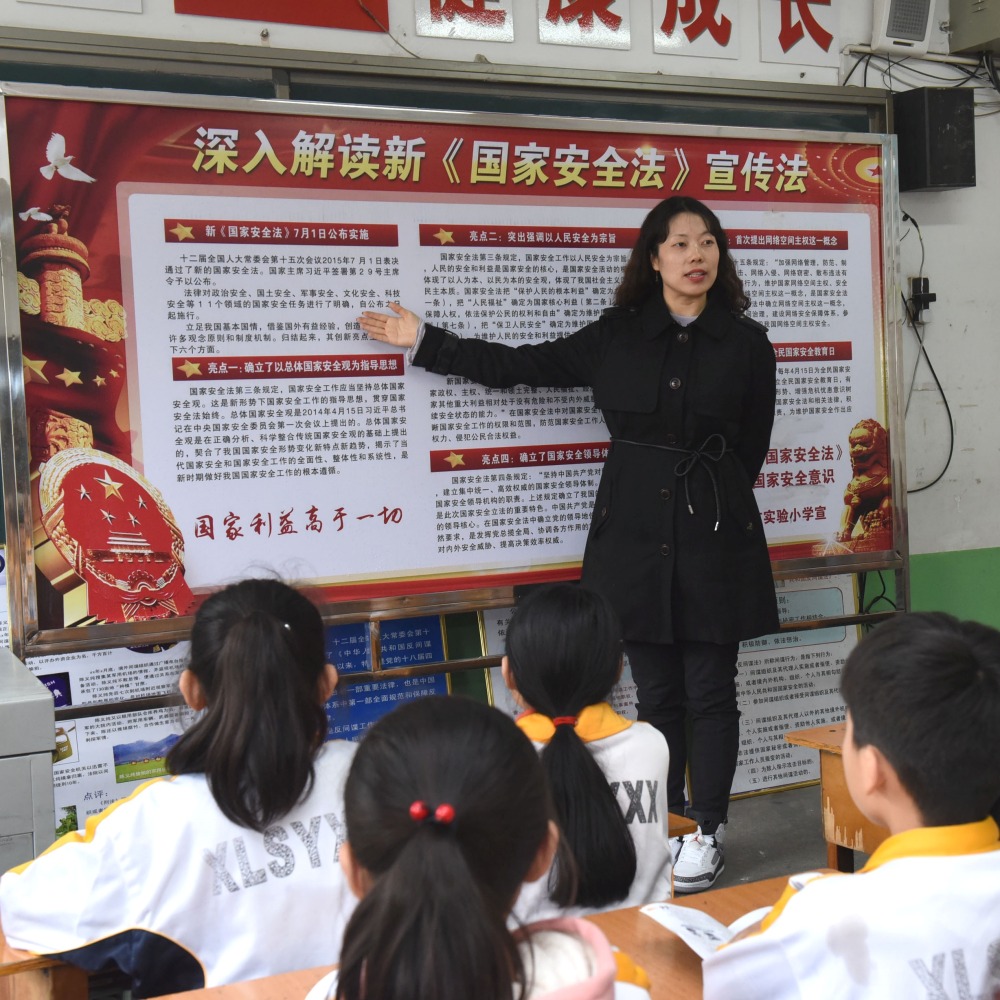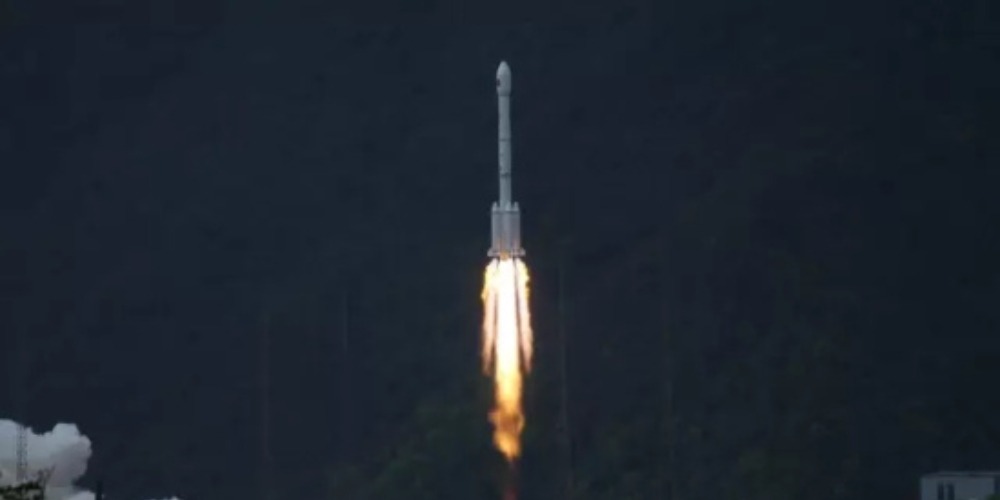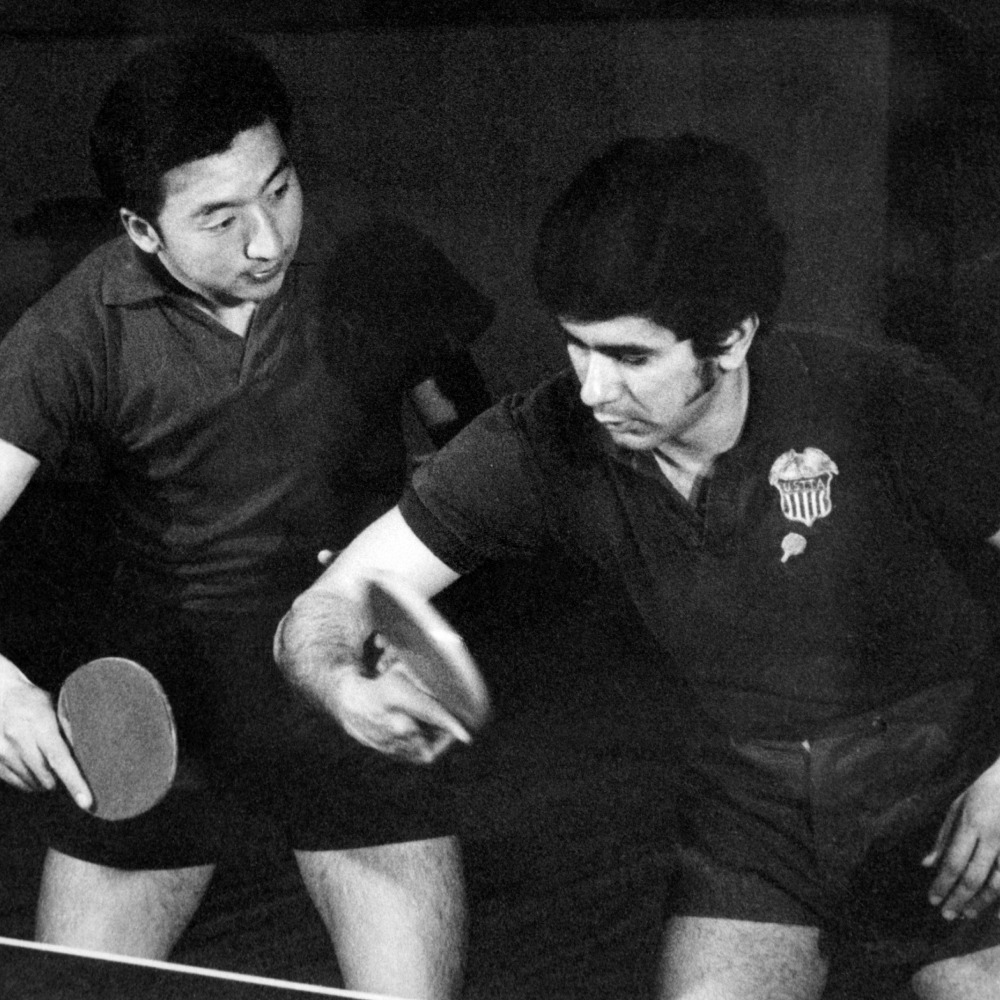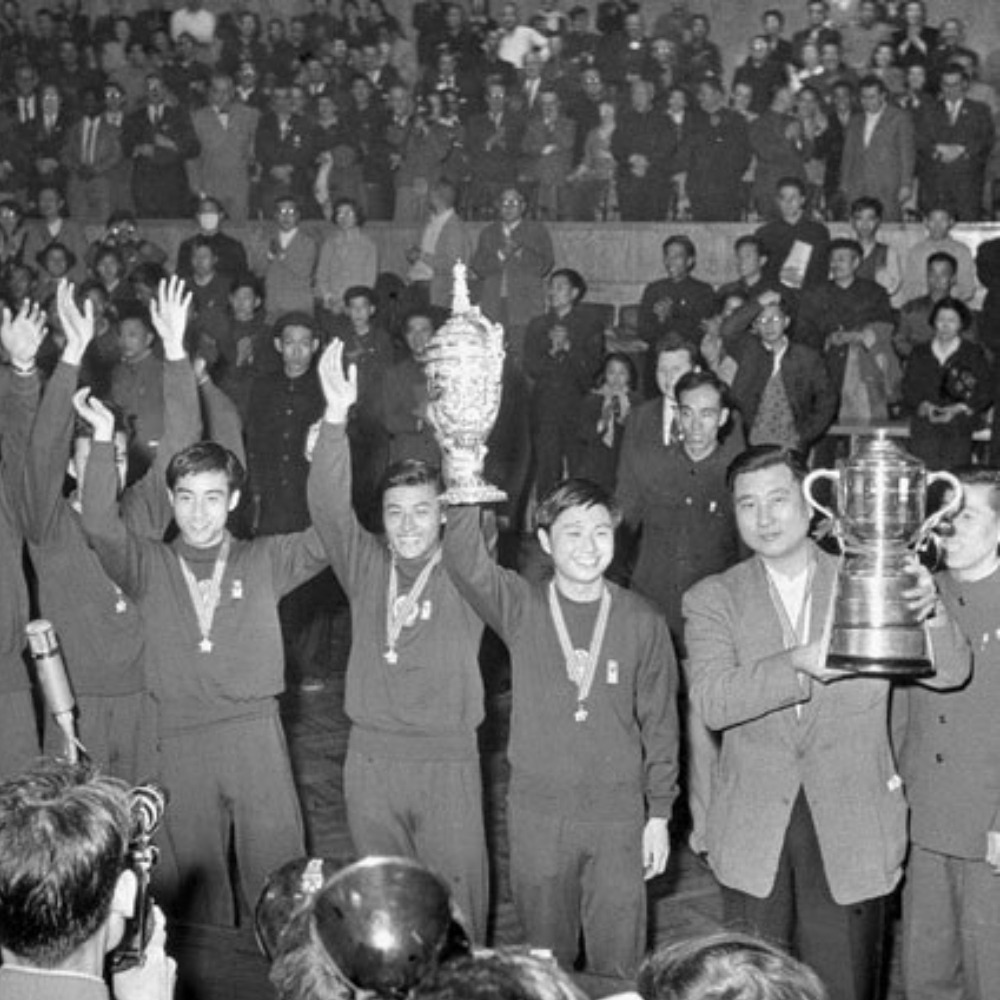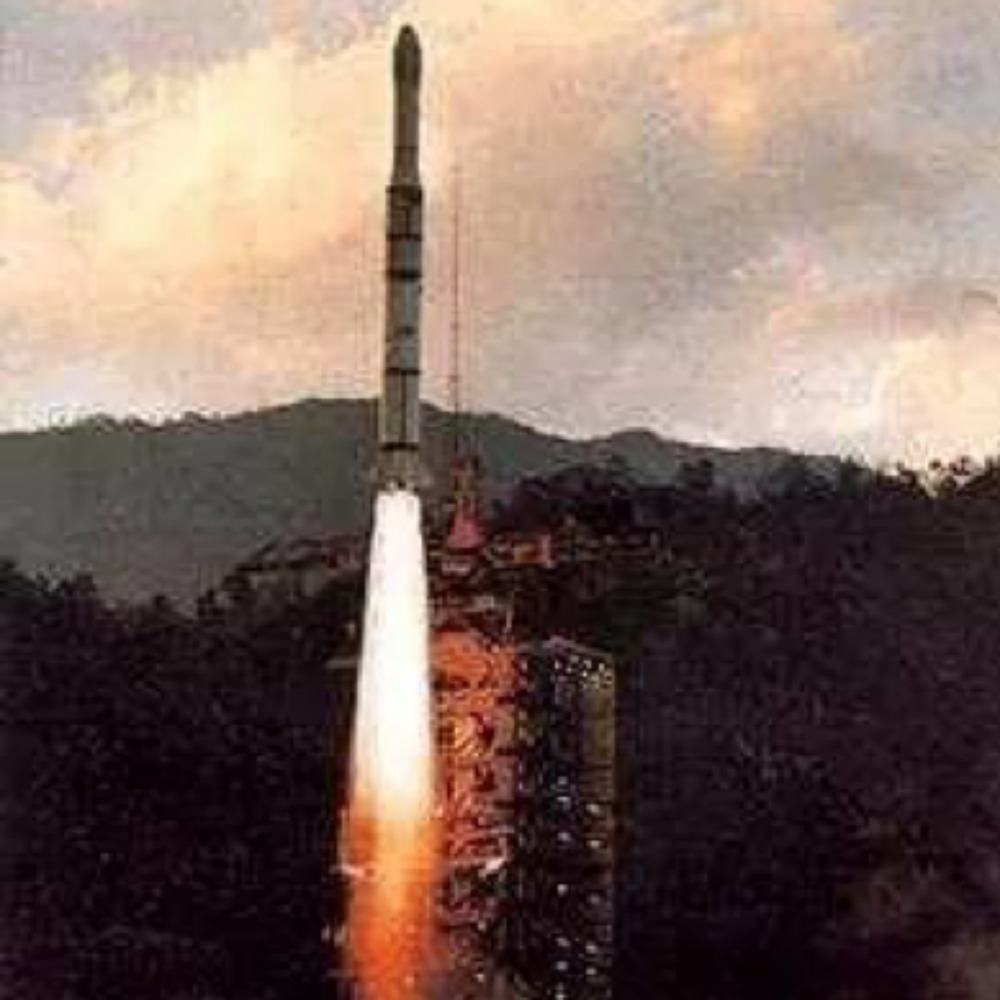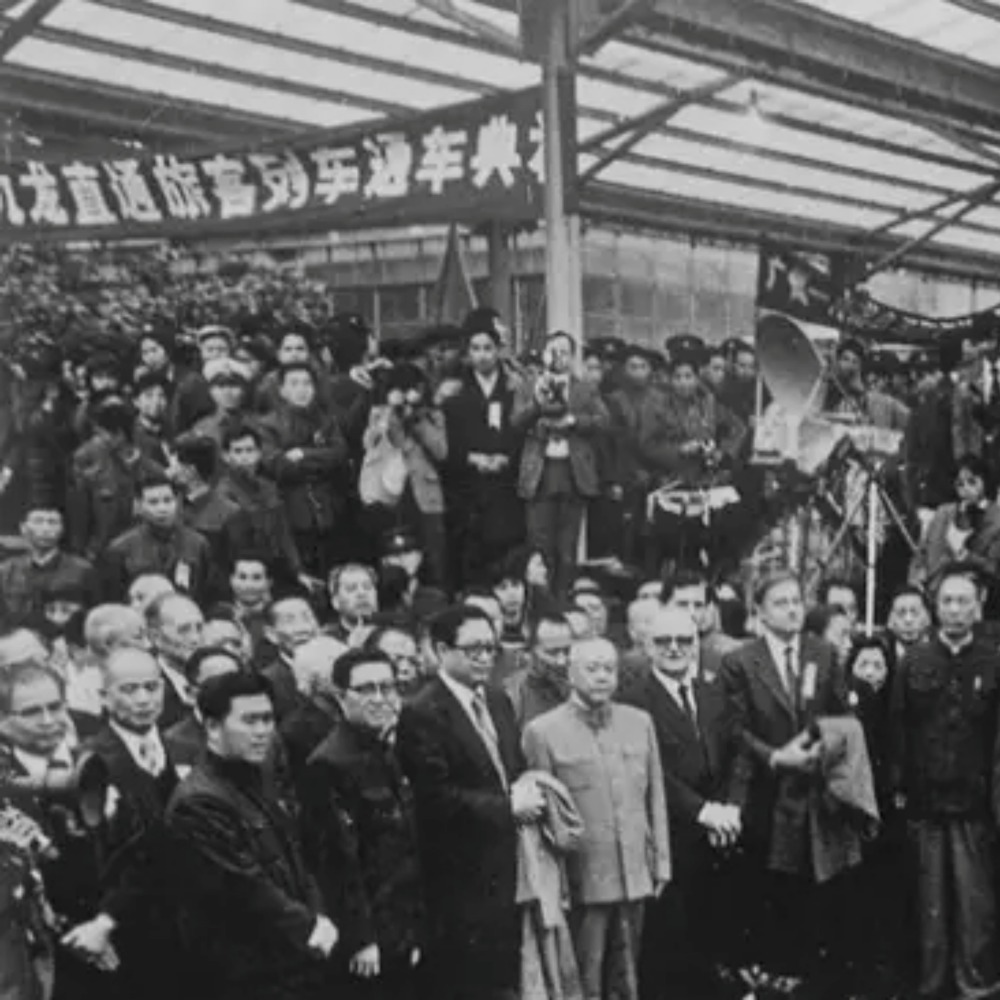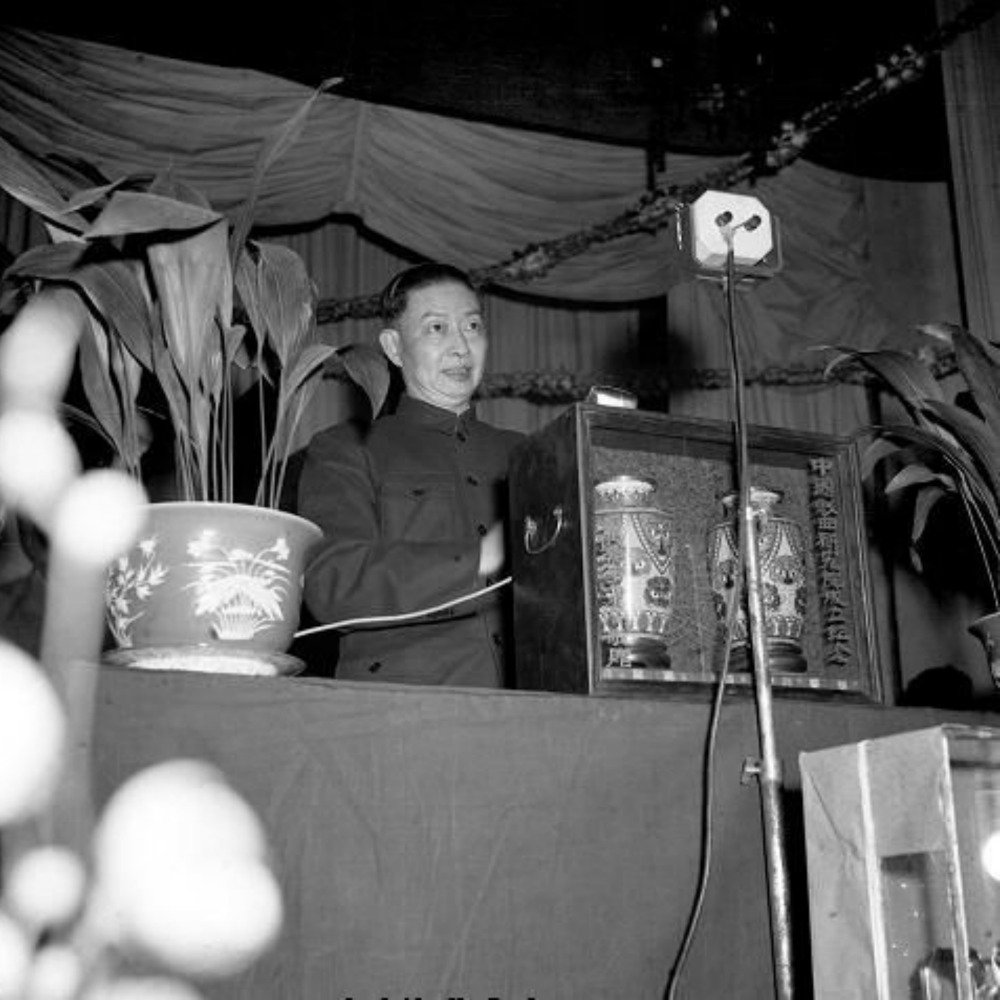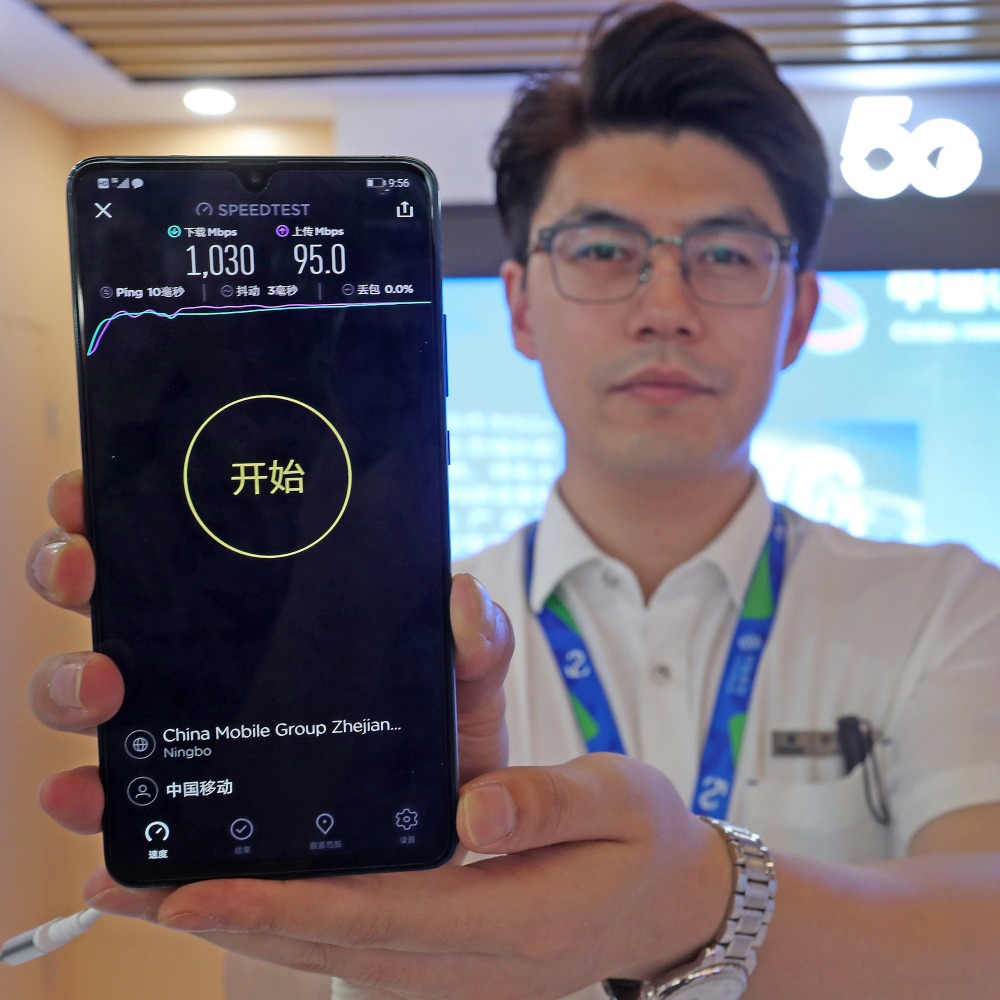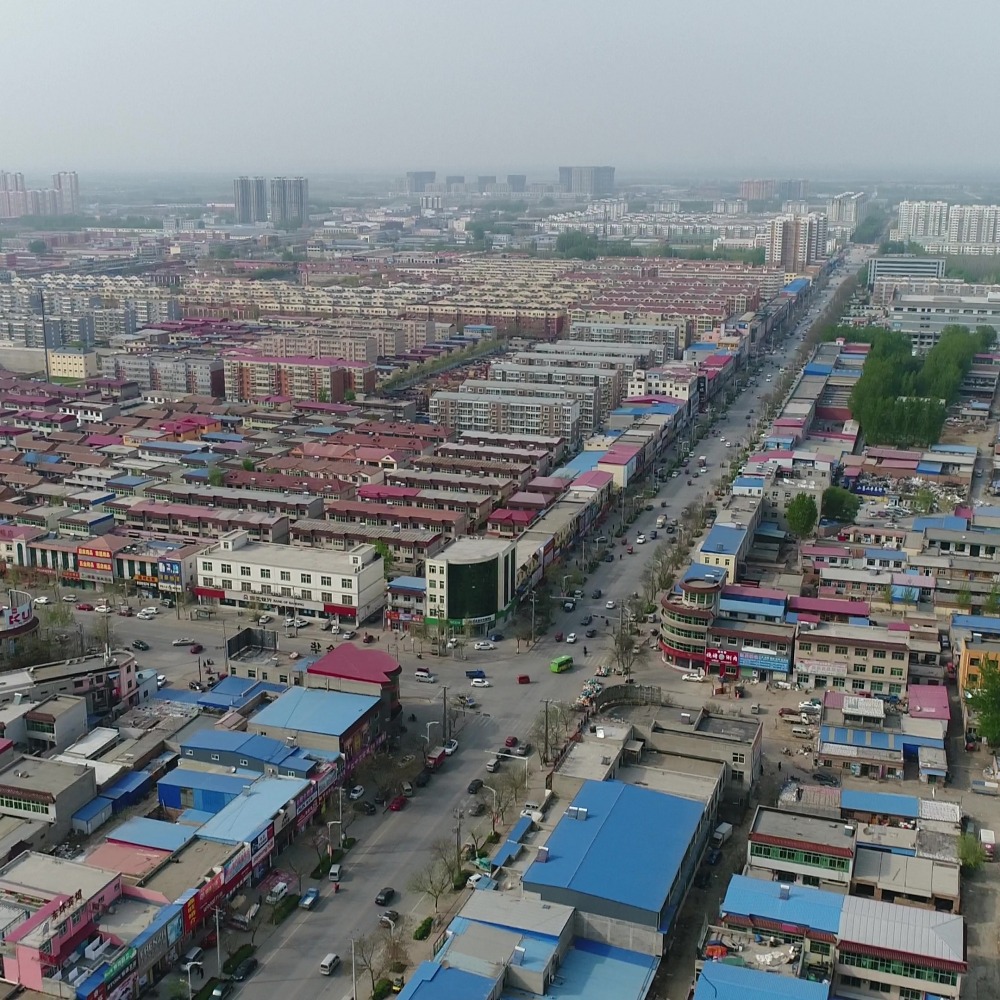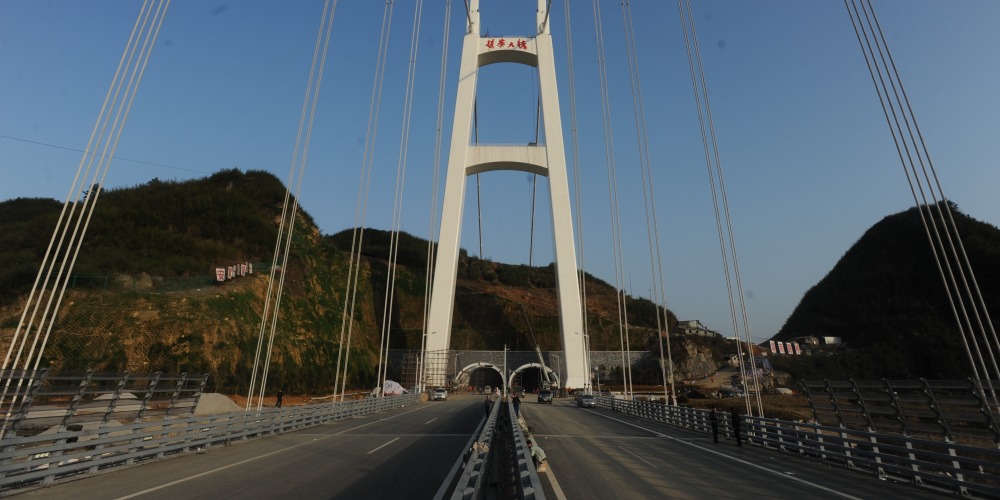Published : 2025-02-27
On February 27, 2007, China granted the 2006 State Preeminent Science and Technology Award (國家最高科學技術獎) to wheat breeding expert Li Zhensheng (李振聲).
The award is given to no more than two individuals each year, and Li Zhensheng is the 10th recipient of this award, as well as the only scientist to receive this honour in 2006.
Li has made outstanding contributions to the improvement of grain yield. He is as renowned as Yuan Longping (袁隆平), the father of hybrid rice.
He is also an academician of the Chinese Academy of Sciences, a researcher at the Institute of Genetics and Developmental Biology of the Chinese Academy of Sciences, and the chairman of the Academic Committee of the State Key Laboratory of Plant Cell and Chromosome Engineering.
Li Zhensheng mainly engages in the research of wheat genetics and distant hybrid breeding, and also conducts research on agricultural development strategies.
He pioneered a new field of distant hybridisation breeding between wheat and Thinopyrum (wheatgrass), and developed the "Xiaoyan" series of varieties. His "Xiaoyan No. 6" has become an important backbone parent in China's wheat breeding and is one of the two main quality sources in the northern wheat regions of China.
Li Zhensheng began his interaction with wheat in the 1950s, when many people in northern China hoped to eat white flour every day. However, compared to staple foods like corn and potatoes, the yield of wheat was very low at that time because it was susceptible to diseases.
In 1956, the Yellow River basin was affected by a serious wheat disease called stripe rust, which reduced the wheat yield by 20% to 30% per mu, causing a reduction of over 10 billion jin across the entire Yellow River basin. It was at this time that Li Zhensheng began his research on wheat.
In order to improve the disease resistance of Chinese wheat, Li conducted research in the direction of "distant hybridisation," a field that many were reluctant to venture into.
Simply put, this involves hybridising wheat with a type of forage grass that has strong disease and pest resistance. Because the two are not the same species and are distantly related, it is called "distant hybridization."
By the late 1980s, after 20 years of cultivation, Li Zhensheng finally succeeded with his hybrid wheat "Xiaoyan No. 6," which cumulatively increased China's wheat yield by 6 billion jin.
Due to his outstanding contributions to the improvement of grain yield, Li Zhensheng was awarded the State Preeminent Science and Technology Award.
It is the highest honour in China that is granted to scientific and technological workers who have made major breakthroughs at the forefront of contemporary science and technology or have made outstanding achievements in the development of science and technology.
Li Zhensheng decided to donate all the RMB 500,000 of his personal prize money from the award to the Institute of Genetics and Developmental Biology of the Chinese Academy of Sciences as a "student aid fund."
